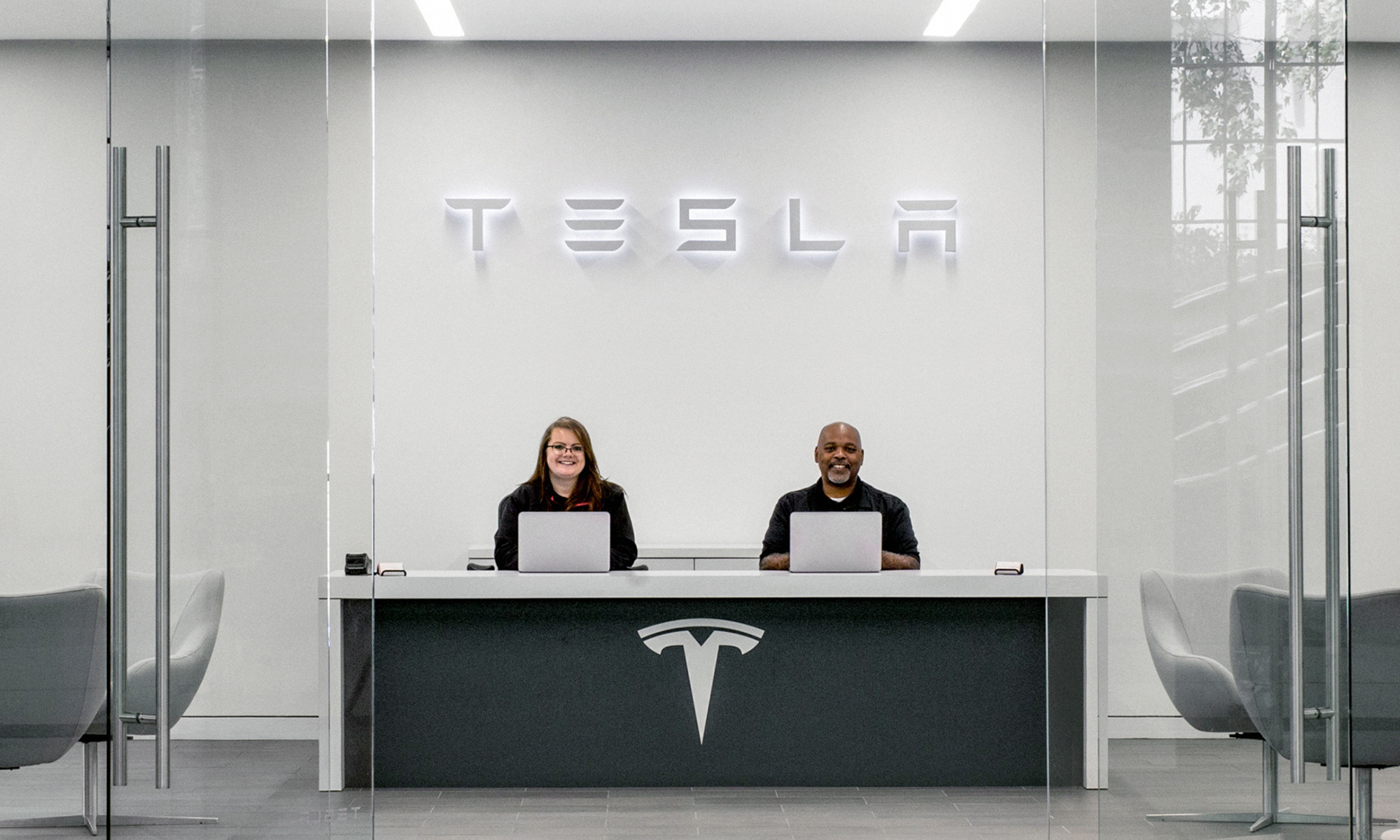Electric-car maker Tesla Motors (TSLA +3.78%) is arguably betting just as heavily on autonomous driving as it is on fully electric cars. This is evident by its aggressive rollout of its Autopilot, which includes both automatic steering and automatic lane changes. These two features combined put the automaker far ahead of the competition in automatic driving. But for the company to continue moving closer to fully autonomous driving as rapidly as it is, Tesla will need safety data to prove the new technology is improving safety.

Image source: Tesla Motors.
Fortunately for Tesla, the company is already garnering some impressive data on how Autopilot makes a difference, according to a new comment from Tesla CEO Elon Musk in Norway (via InsideEVs).
Safety will build trust
When I asked Musk earlier this year during a question-and-answer session for the company's 7.1 Tesla software update about how long he thought it would take for the company to begin to make a compelling case that its autonomous-like features are superior to human drivers, Musk said, "I think we will probably be able to make some of those arguments this year."
The CEO continued:
The key is to collect tens of millions, or perhaps hundreds of millions, of miles of driving -- probably in the hundreds of millions of miles.
And now the company has apparently reached a point at which it is beginning to be able to make arguments about the enhanced safety associated with its Autopilot.
Discussing autonomous driving with Norway Minister of Transport and communications Ketil Solvik-Olsen, Musk said it's already becoming clear that Autopilot is significantly reducing accidents:
And when we look at the data -- this is a really interesting fact -- of cars that if Autopilot is turned on or off, the probability of having an accident is 50% lower if you have Autopilot on -- even with our first version.
So, we can see basically how many kilometers -- what's the average number of kilometers to an accident -- accident defined by airbag deployment. And even with this early version, it's almost twice as good as a person ... I think it's going to be important, in terms of satisfying regulators and the public, to show statistically with a large amount of data -- with billions of kilometers of driving -- to say that the safety level is definitively better by a meaningful margin if it's autonomous versus non-autonomous. I think that's really the thing that will be convincing.
The path to autonomous cars
Safety data like this, combined with "extremely positive" customer feedback about Autopilot, prompted Musk to predict during the Norway interview that people will learn to trust autonomous driving technology "surprisingly quickly."
Musk predicted earlier this year that the company will be able to "summon" one of its cars across the country without a driver in as little as two years. The feat, he explained, would require a next-generation suite of autopilot hardware.
But even if Tesla can achieve such a feat in two to three years, it's possible regulation could lag significantly behind. However, if Tesla can keep bolstering its arguments for increased safety associated with autonomous driving, maybe regulation won't take as long as some might expect.






